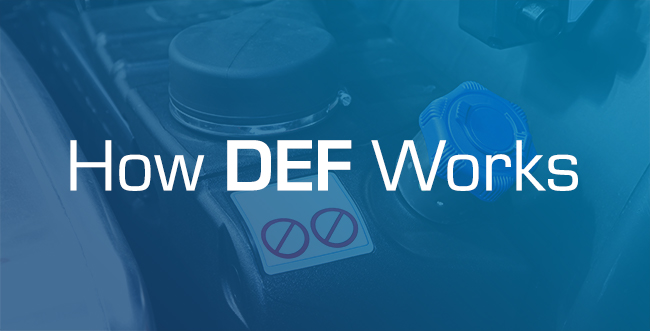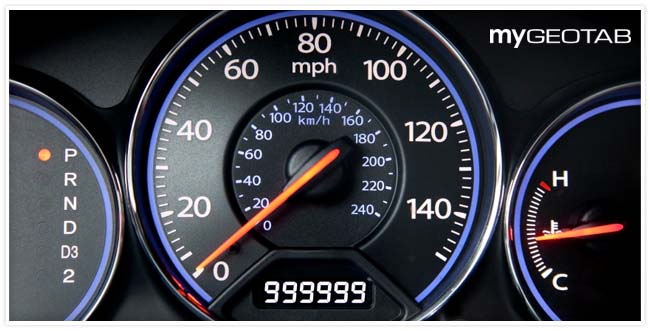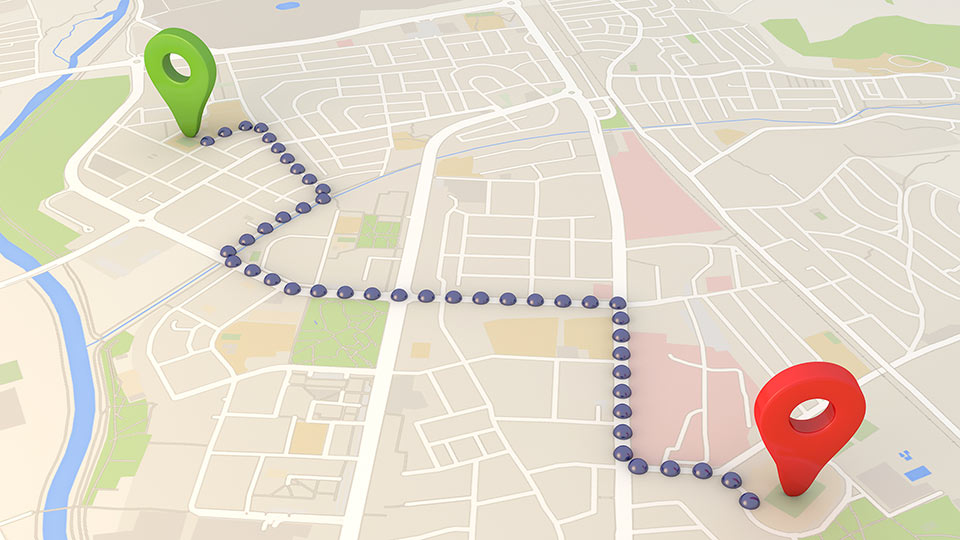The accuracy of geographical positioning systems
Geographical positioning systems (GPS) have become a ubiquitous part of our lives. How good is a modern day positioning system in measuring coordinates?

By Serge Pavlov
Aug 18, 2014
Updated: Jul 8, 2025

Geographical positioning systems (GPS) have become a ubiquitous part of our lives. Whether it is through their involvement with routing applications or fleet management systems, we are often taking the technology and the results it generates for granted.
Management by Measurement?
So how good is a modern day positioning system in terms of measuring geographical coordinates? Can we reliably base our decision-making on the data it provides?
For the U.S. government-operated and most widely used commercial positioning system, high-quality receivers provide better than 2.2 meter horizontal accuracy in 95% of cases, and better than 3 meter accuracy at a 99% confidence level [1]. Accuracy tends to be higher in open areas with no adjacent tall buildings (also known as Urban Canyons) or bridges/tunnels to obstruct or interfere with the signals.
Developments in improving the quality of geographical positioning:
- The ongoing GPS modernization program is adding new civilian signals and frequencies to the GPS satellites [2].
- Integration of two or more positioning systems (i.e. GPS & GLONASS) within single receiver [3].
- Low cost “hybrid” systems that are capable of continuous reliable positioning even when GPS signals are not available. This is achieved through the integration of GPS with inertial sensors that would override invalid or unavailable GPS [4].
With respect to accuracy and the possibility of sudden changes in positioning error rates, there are geographical positioning system limitations that should always be taken into account. These limitations are essential to consider for alarm-sensitive applications like security/geofencing systems, posted road speed detection/risk management, or any kind of automatic control system. When the issue becomes apparent, steps must be taken to reduce GPS accuracy dependency.
Contact Geotab if you are experiencing frequent GPS accuracy-related issues like GPS jamming to discuss details and attain help in resolving the problem.
References:
[1] National Coordination Office for Space-Based Positioning, Navigation, and Timing. (2014, March 17). GPS Accuracy. Retrieved from gps.gov: http://www.gps.gov/systems/gps/performance/accuracy/
[2] National Coordination Office for Space-Based Positioning, Navigation, and Timing. (2014, March 17). GPS Accuracy. Retrieved from gps.gov: http://www.gps.gov/systems/gps/performance/accuracy/
[3] GPS World Staff. (2014, January 8). Quad-Constellation Receiver: GPS, GLONASS, Galileo, BeiDou. Retrieved from GPS World: http://gpsworld.com/quad-constellation-receiver-gps-glonass-galileo-beidou/
[4] Carlos III University of Madrid. (2013, February 12). Precision of GPS in cities improved by 90 percent. Retrieved from ScienceDaily: http://www.sciencedaily.com/releases/2013/02/130212121858.htm
Subscribe to get industry tips and insights

Serge Pavlov is a Software Architect, Team Lead for Geotab.
Table of Contents
Subscribe to get industry tips and insights
Related posts

What is DEF? How diesel exhaust fluid works and why it's essential for fleets
July 16, 2025
5 minute read

Odometer reading: How to check + optimize for smarter fleet management
July 15, 2025
5 minute read

9 strategies to increase fleet fuel efficiency and lower fuel costs
July 8, 2025
4 minute read


The impact of unproductive idling on police vehicle service life
June 10, 2025
3 minute read
